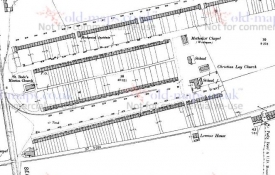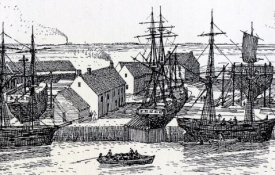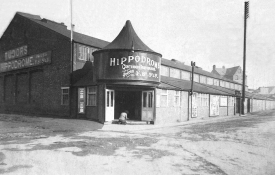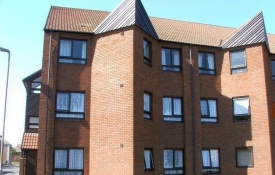Welcome to the Community View section of the website. This area is dedicated to articles of interest, community information and local topics that are submitted by members of the public or guest writers. It is also the main section dedicated to the Youth Media Group Project.
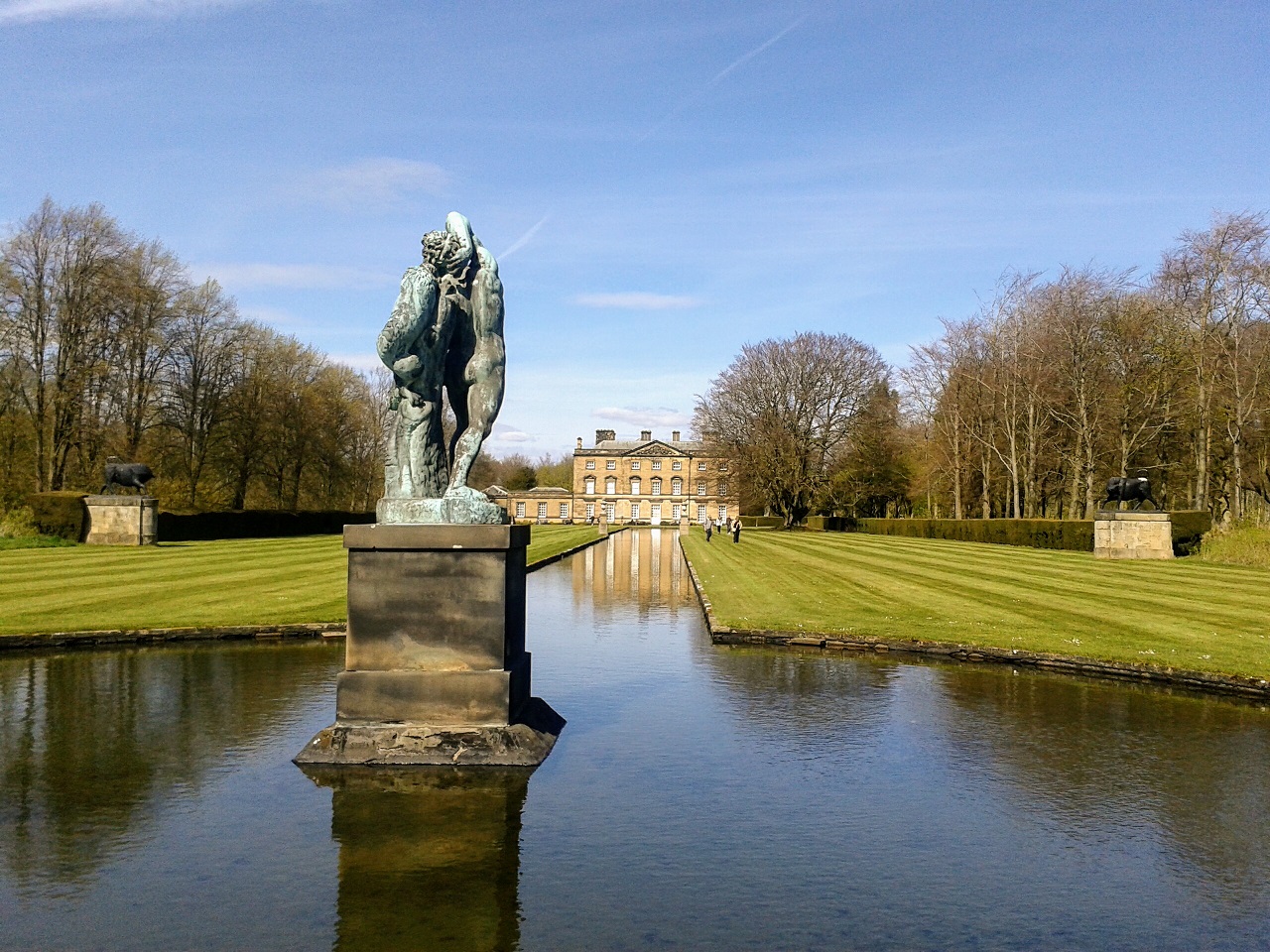
From 1700 the White Ridley family have lived at Blagdon Hall about eight miles to the West of Blyth. They acquired most of the lands in this district including Blyth, which they developed as a port and coal mining area. Ten generations have now resided at Blagdon and have been a major influence in the development of the district. All seemed to have possessed a notable business sense and had a keen interest in industrial developments. They have also been described as having a good public spirit and conscientious service to the community.
Matthew White, son of Miles White, was descended from a well-to-do family in County Durham. He was apprenticed, at Newcastle, under Nicholas Fenwick and by 1688 he was enrolled in the Merchant Adventurers’ Company, which was a trade guild and monopoly which controlled who and what was traded within Newcastle and set the legislation surrounding trade.
Contemporary with White, Nicholas Ridley had also deserted the country life, where his family had been landholders and major historical figures from their Tower House at Willimoteswick near Hexham, to become a man of commerce in the city. Ridley and White became closely associated through business and civic dealings. White was Mayor of Newcastle in 1691 and 1703 while Ridley held this position in 1688 and 1707. Together the two men bought coal mines in Blaydon, Willington, Benton, Byker and Heaton. Professor Hughes in “North Country Life in the 18th Century” described them as: “Men of enterprise, vision and resource who were prepared to take risks and seize opportunities with both hands”.
Matthew White bought the Blagdon estate in 1700. It was an ancient estate at first owned by the gentry families of the De Plesseys, Widdringtons from 1349 and from 1568 the Fenwick family, who came into some financial difficulties and were forced to sell off some of their properties. The estate consisted of a stately house and the Phoenix Nest which were a few cottages on the West side of the main road a little North of the South entrance to Blagdon. The cottages carried the crest of the Fenwicks but it has now disappeared. Matthew White died in 1716.
His son Matthew White II married Elizabeth Johnson, who was the heiress to the Bebside estate near Blyth. Her father was a wealthy coal merchant. Matthew built a new stately home on the Blagdon site that Bourne described in 1736 as a “grand house and gardens”. However some of the heraldic devices and rainwater heads carry the date 1752 indicating that his son may have actually built the house, or at least had it enlarged. He also bought some tithe land at Warkworth and his crest is visible on the altar rails and gates of the parish church. Matthew was Governor of the Merchant Adventurers from 1712-39, the Hostmens Company 1713-36 and was the Sheriff of Northumberland in 1720. He served the Hanoverian king with “distinction” during the 1715 rebellion which saw the landholders of Blyth and Newsham, the family of the Earl of Derwentwater, executed for their part in the uprising. White took advantage to purchase the forfeited estates of Blyth, Newsham, Shotton and Plessey which were valuable coal fields and a potential port from where the coal could be shipped.
.jpg)
The business partnership of the Whites and Ridleys continued and the family ties were also strengthened by marriage when Matthew White’s sister Margaret became married to Richard Ridley the son of Nicholas.
Richard Ridley was described by Hughes as the “stormy petrel of the coal trade” because of his reluctance to join any alliances or cartels, which was usual practice among the coal owners of the time. But he had the foresight to invest in the latest steam machinery, allowing him to sink pits to even greater depths, and eventually he made his fortune despite being left short of money at first. However, he was said to be a good employer.
In 1713 Ridley used his newly-acquired wealth to purchase an estate at Heaton and built a grand stately house there. He died in 1739. The family resided here until 1826. The house was demolished in 1936 to make way for a housing estate although the gardens are now a public park.
Matthew Ridley, son of Richard, was born c1711 and educated at Oxford. He was Mayor of Newcastle in 1733 and 1745, when he had the responsibility of organising the city’s defences against Bonnie Prince Charlie’s uprising, and the Member of Parliament 1741-1774. The ‘45 Pretender uprising had a great effect on trade and his fortunes, but despite this Ridley and White were still expanding the family business.
Ridley’s brother, Nicholas, had inherited the Link House estate at Newsham from his father but he was not possessed of business acumen and control was handed to his nephew Matthew White. Nicholas left the district.
Ridley and White were ambitious entrepreneurs and owned at Blyth, as well as the coal shipping staiths for their collieries at Plessey and elsewhere, fourteen salt pans, a brewery and various other small concerns. By 1755 they had inaugurated a bank at Newcastle. They continued to grow their business and be highly influential in the fortunes of the town of Blyth.
Matthew Ridley II was Mayor of Newcastle in 1751. In 1735 he had married the granddaughter of Ambrose Barnes a wealthy Newcastle merchant. His 2nd marriage was to his 1st cousin Elizabeth, daughter of Matthew White. Elizabeth’s brother died without children and so she inherited the Blagdon estate. By 1763 the uniting of the two families was complete and it was the nephew who became the first Sir Matthew White Ridley.
